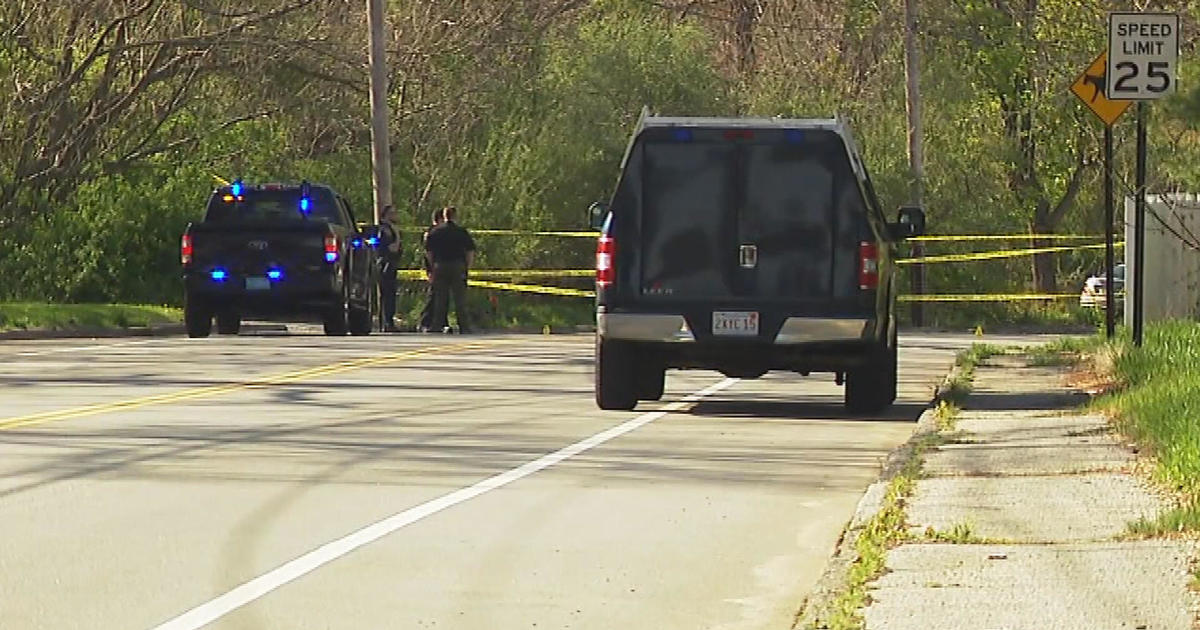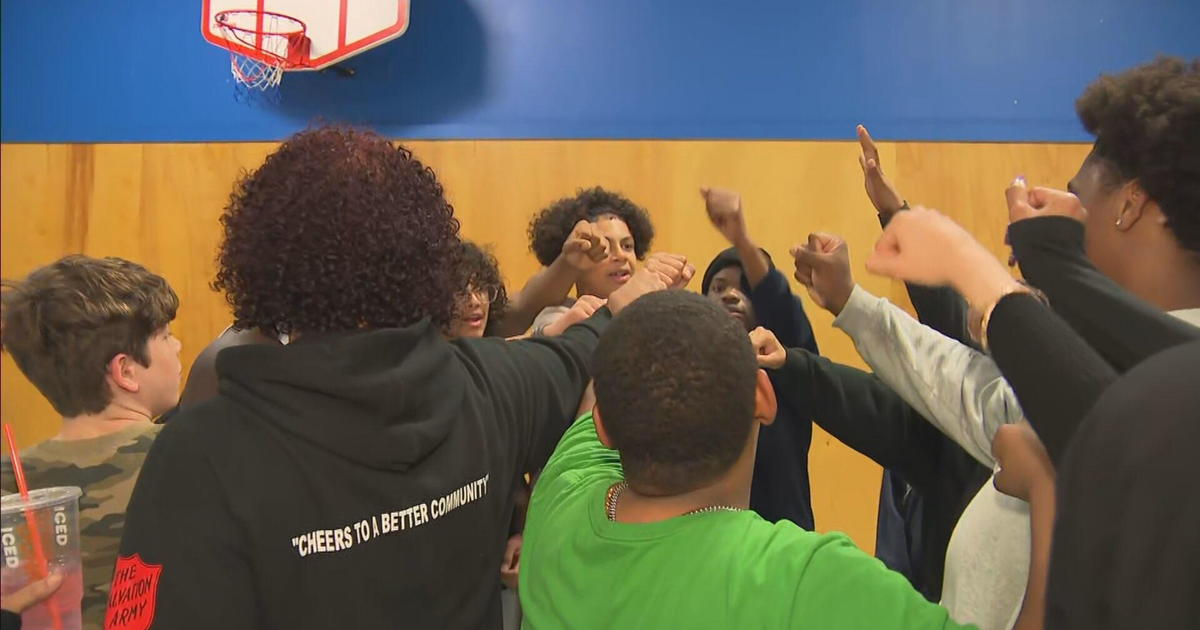Few small popular SUVs achieve success in new crash prevention test aimed at reducing accident severity
Dramatic new crash tests on popular small SUVs show driver assistance systems aimed at avoiding or reducing the severity of a crash struggled at higher speeds.
The new vehicle-to-vehicle front crash prevention test results, released by the Insurance Institute for Highway Safety on Thursday, show most models did not perform well.
"We really wanted to push manufacturers further and so we've increased our test speeds," institute President David Aylor said.
The IIHS previously tested similar driver assistance systems for low-speed crashes between 12 and 25 miles per hour. By 2022, every system tested earned high marks.
The new testing ranged from 31 to 43 miles per hour and also evaluated how well the small SUVs detect and warn drivers approaching a stopped motorcycle or large truck. It found room for improvement
"Unfortunately not very many of the vehicles did well," Aylor said.
According to the IIHS, multiple trials are carried out under the new system at speeds of 31 mph, 37 mph and 43 mph.
Only the Subaru Forester scored top marks in the updated test, avoiding collisions at every speed and alerting the driver to obstacles more than two seconds before a likely collision.
"That's why we release these ratings to really encourage manufacturers to improve their performances across the board," Aylor said.
Two other small SUVs, the Honda CR-V and the Toyota RAV4, rated acceptable.
Three vehicles, the Ford Escape, Hyundai Tucson and Jeep Compass scored marginal.
The Volkswagen Taos, Mitsubishi Outlander, Chevrolet Equinox and Mazda CX-5 rated poor.
"Obviously, crashes that happen at higher speeds are more dangerous," said David Kidd, a senior research scientist with IIHS. "Deadly underride crashes often occur when the struck vehicle is a large truck, and motorcyclists are frequently killed when they're rear-ended by a passenger car, since their bike offers no protection from the impact."
The Alliance for Automotive Innovation, which represents carmakers, said in a statement, "Automatic emergency braking (AEB) is a breakthrough safety technology automakers developed to help detect imminent vehicle collisions, warn drivers and automatically apply the brakes. This lifesaving technology uses radar, cameras and lasers to help prevent crashes and protect pedestrians in varying conditions.
"Lifesaving AEB technology is on U.S. roadstoday because of industry's voluntary commitment to install the system in all new vehicles by 2025. It is estimated AEB could prevent 42,000 crashes and 20,000 injuries annually."
General Motors, Mazda, Mitsubishi Motors and Volkswagen released the following statements to CBS News regarding the test results:
General Motors
"We are confident in the safety of the Chevrolet Equinox that achieved a 5-star safety overall rating from NHTSA's comprehensive New Car Assessment Program. We appreciate the IIHS's introduction of new front crash prevention test protocols and will look to incorporate the findings into our designs."
Mazda
"Mazda is always looking to improve our suite of advanced driver assistance features, including the automatic emergency braking systems that IIHS has put to the test at higher speeds and with varied obstacles. We are currently evaluating IIHS's new front crash avoidance criteria and believe we can achieve higher ratings in the near future."
Mitsubishi Motors
"Mitsubishi Motors vehicles meet or exceed every required safety standard in the US, and have been recognized by IIHS for excelling in IIHS' own testing protocols. The requirements of this particular test exceed any applicable safety standard. While we are disappointed to see the Outlander's score in the test, we remain confident in the Outlander's real-world safety technology given the vehicle's 2024 IIHS Top Safety Pick rating."
Volkswagen
"The safety of our customers is a top priority for Volkswagen. Our driver assistance systems are designed to aid drivers, but are not substitutes for attentive driving. Just as IIHS continues to push the requirements for their testing programs, similarly Volkswagen continues to work on improving our driver assistance systems as new models are developed to better protect our customers."




